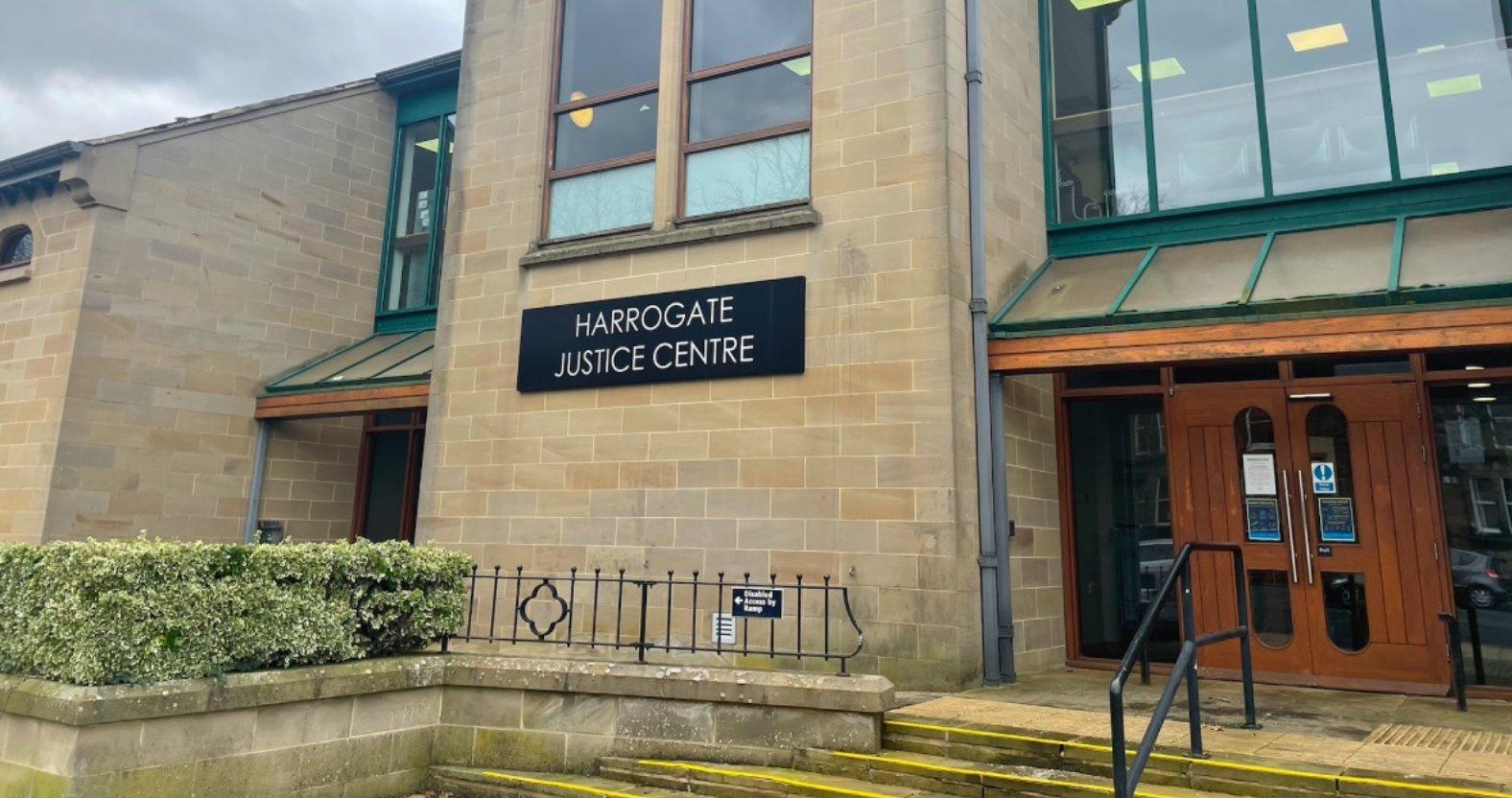Subscribe to trusted local news
If you are accessing this story via Facebook but you are a subscriber then you will be unable to access the story. Facebook wants you to stay and read in the app and your login details are not shared with Facebook. If you experience problems with accessing the news but have subscribed, please contact subscriptions@thestrayferret.co.uk. In a time of both misinformation and too much information, quality journalism is more crucial than ever. By subscribing, you can help us get the story right.
- Subscription costs less than £1 a week with an annual plan.
Already a subscriber? Log in here.
14
Apr 2025
Ex-army sergeant sentenced for police car chase near Harrogate

A man who led police on a car chase around the Harrogate area appeared in court last Thursday (April 10).
Cameron Cuthbert, of Montagu Crescent in Wetherby, pleaded guilty to one count of driving without due care and attention and one count of failing to stop when required.
He was sentenced at Harrogate Magistrates Court that day.
Alison Whiteley, prosecuting, told the court the incident started at around 10pm on March 26 this year.
Police on patrol in the Harrogate and Knaresborough areas were travelling on the A661 when they spotted a car driving towards Spofforth.
The court heard officers’ attention was drawn to the car as they were looking out for a specific model following a recent burglary, so they decided to follow it.
Cuthbert, the driver, initially stopped on Harrogate Road towards Spofforth and a police officer got out to speak to him. However, the defendant then drove off.
Ms Whiteley said police activated their sirens and continued to pursue Cuthbert around Spofforth.
He repeatedly slowed down and sped up on different roads, but police noted Cuthbert indicated at roundabouts and turned in the direction he indicated.
The court heard this continued around the Wetherby area, before the 36-year-old defendant came to a stop on a cul-de-sac, where he "could go no further".
The defendant had “very poor lane discipline”, Ms Whiteley told the court, but he “did not do anything outrageous”.
Ms Whiteley said:
There were bottles of alcohol in the car, but the defendant blew below the prescribed limit.
The defendant would not engage with police when he got out of the car, and they said he appeared to be in a trance and dazed.
Cuthbert was consistently speeding but he did not cause any damage or injuries, the court heard.
News that led to defendant’s actions ‘hit him like a sledgehammer’
Chris McGrogan, defending, told the court Cuthbert served in the army for 12 years and reached the rank of sergeant.
During the time in the armed forces, Cuthbert served on three international tours.
The court he “established friendships with his colleagues”, one of whom he kept in close contact with after they left the army.
Mr McGrogan said Cuthbert’s friend had attempted to take his own life just over a year ago, but he contacted the defendant at the time as they were both “suffering as a result of what they had seen during their tours”.
He added:
Mr Cuthbert took his friend in and had him living with him and his family for a few months.
The day before the incident took place, the friend had contacted Mr Cuthbert and left him a voicemail, as he did not pick up his calls at the time.
The court heard Cuthbert, who now works as an engineer, was pricing up a job the following day when he received a call from another friend to say his friend and ex-colleague, who had lived with him, had taken his own life.
The defendant found this information out shortly before the incident occured, and Mr McGrogan said he was driving home at the time with the knowledge his friend had killed himself.
“That’s why he seemed dazed”, the defence said, adding Cuthbert felt “particularly dreadful as he had not answered his friend’s calls.
Mr McGrogan said the defendant had not been drinking and the breath sample provided recorded a “very, very low reading”.
The defendant was visibly upset in court, particularly when Mr McGrogan spoke about the death of his friend.
The court heard:
The defendant left the army when he and his wife started a family. He then went to university and got a degree in engineering. He has a very loving, caring and stable family background.
The news of his friend’s suicide hit him like a sledgehammer – he was not thinking rationally at the time. He did not intend to be obstructive.
To say he is remorseful would be a gross underestimation – he is mortified.
Mr McGrogan also said the defendant had a conversation with one of the police officers at the scene of the incident, who is also an army veteran, who advised him on support networks for ex-servicemen.
Cuthbert is now actively engaging with a charity that supports veterans.
The defendant, who also volunteers as a grassroots football coach, was described as a “pillar of the community”.
Mr McGrogan concluded:
He accepts his behaviour was not acceptable, but he does ask the court to understand what happened that night.
The police were looking for a black car – his car is light grey.
Sentence
The magistrates felt there was “no apparent danger to others” at the time of the offence, and Cuthbert’s speed was “not excessively over the limit”.
Cuthbert’s licence was endorsed with four penalty points and he was ordered to pay a total of £343 to the court.
0